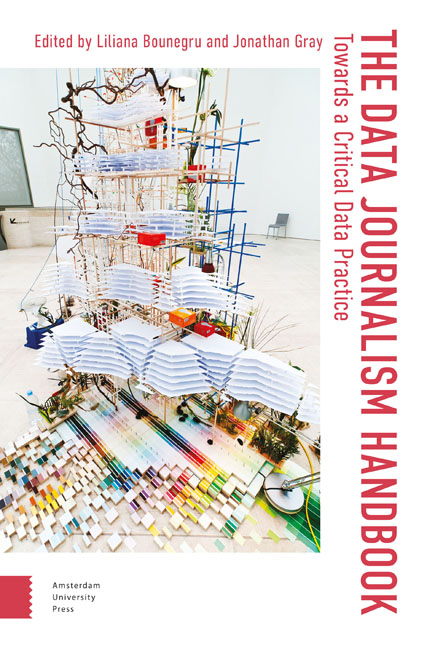8 - Narrating a Number and Staying With the Trouble of Value
Summary
Abstract
Numbers are seemingly uncomplicated and straightforward measures of value, but beware—numbers hide moral and political trouble.
Keywords: ecosystems value, Australian environmental governance, sociology of quantification, data journalism, science and technology studies
At the turn of the century the Australian state developed an environmental policy that saw it fully subsidizing labour costs incurred by landowners if they undertook specifically agreed upon landscape work that was designed to reverse environmental degradation. However, given the almost total domination by neoliberal ideologues in this policy area at that time, the policy was described in the dizzying double-talk of value of ecosystems services. In policy documents it was described as “purchasing environmental interventions to enhance the state's environmental value.” Thus in 2009 a state government department would make this almost incomprehensible claim about the success of this policy: In 2009 the contribution to Australia's GDP from transactions in which the state purchased environmental interventions to enhance ecosystems value from rural landholders in the Corangamite Natural Resource Management Region (NRMR) was calculated as AUD4.94 million.
The number that I narrate here emerged in a press statement issued by the government of the Australian state of Victoria in 2009. The media release announced the success of investment by the state government in environmental conservation in one of Australia's 57 NRMRs. The environmental administrative region of grassy basalt plains that spreads east–west in south-central Victoria is named Corangamite, an Aboriginal term that replaced a name bestowed by the first British pastoralists who in the mid-19th century invaded this country from Tasmania. They called the region “Australia Felix” and set about cutting down all the trees. The squatters, who subsequently became landowners here, would in less than a century become a sort of colonial landed gentry. In 2008, in operating the EcoTender Programme in the Corangamite NRMR, the Victorian government purchased ecosystems services value from the descendants of those squatters in pay-as-bid auctions. In 2009 the contribution to Australia's GDP from these transactions was calculated as AUD4.94 million. The announcement of this value was the occasion of the media release where I first met the number.
- Type
- Chapter
- Information
- The Data Journalism HandbookTowards A Critical Data Practice, pp. 55 - 64Publisher: Amsterdam University PressPrint publication year: 2021



